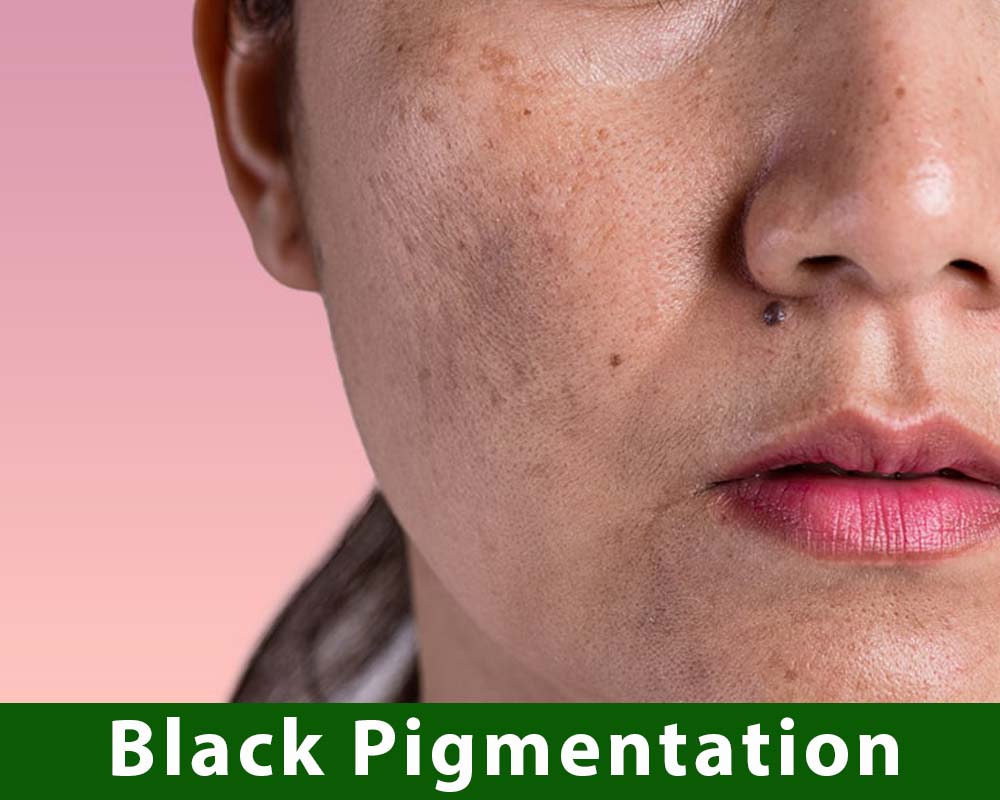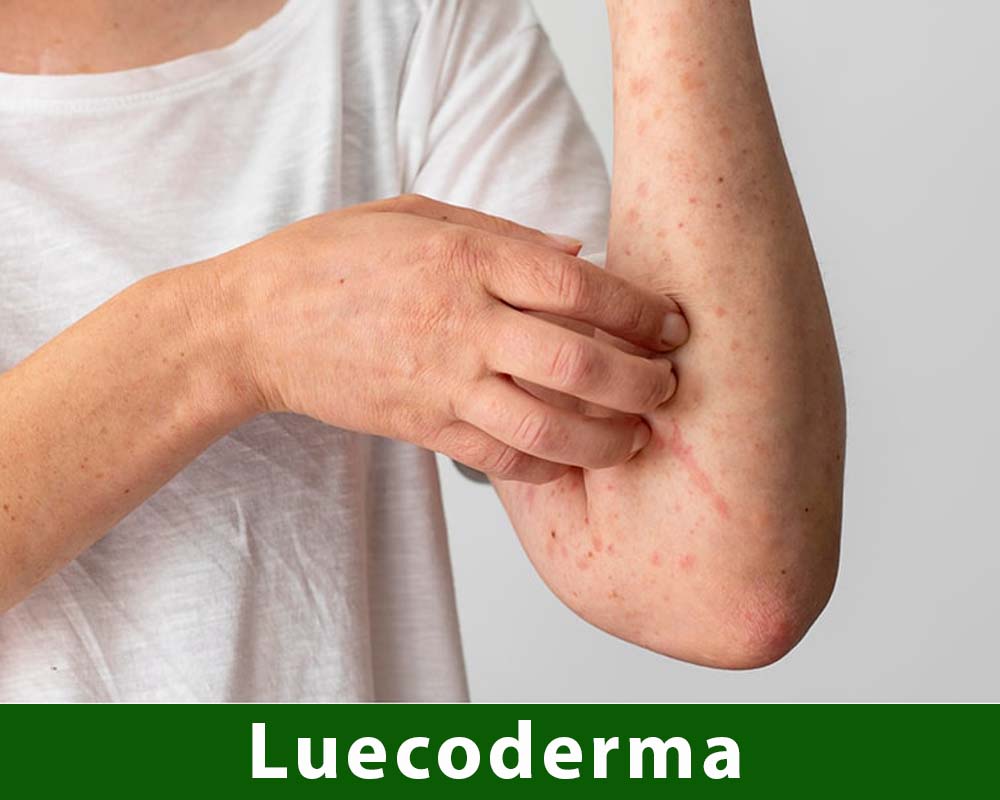Psoriasis
Characterized by extreme rashes on the skin and scalp, this is a long-term disease that needs.

Psoriasis is a chronic skin condition that causes cells to build up rapidly on the surface of the skin. The extra skin cells form scales and red patches that are sometimes itchy and painful.They can help determine the best course of treatment for your specific needs and advise you on any potential risks or interactions with other medications you may be taking.
There are several types of psoriasis, including plaque psoriasis, guttate psoriasis, inverse psoriasis, and pustular psoriasis. Plaque psoriasis is the most common type and appears as raised, red patches covered with a silvery white build-up of dead skin cells.
Guttate psoriasis is characterized by small, water-drop shaped patches on the skin. Inverse psoriasis appears as smooth, red patches in skin folds such as the armpits, groin, and under the breasts. Pustular psoriasis is characterized by white pustules surrounded by red skin.
The exact cause of psoriasis is unknown, but it is thought to be related to an immune system problem. Genetics also plays a role, as people who have a family history of psoriasis are more likely to develop the condition. Certain triggers can also cause psoriasis to flare up, such as stress, injury to the skin, certain medications, and infections.
If you are considering using ayurvedic treatment for your psoriasis, it is important to consult with a qualified healthcare practitioner.
While ayurvedic treatment can be effective for some people, it is not a replacement for conventional medical treatment and should be used in conjunction with your regular healthcare routine.

Get a Quote
Our Treatments
Diverse Ayurveda solutions to give you immediate relief, go through our diverse treatments to know more about how we improve your well being.

Acidity

Arthritis

Block Pigmentation

Cevical Sponditlytis

Constipation

Diabetic

Eczema

Gastro Intestinal Disease

Insomnia

Luecoderma

Lumbar
